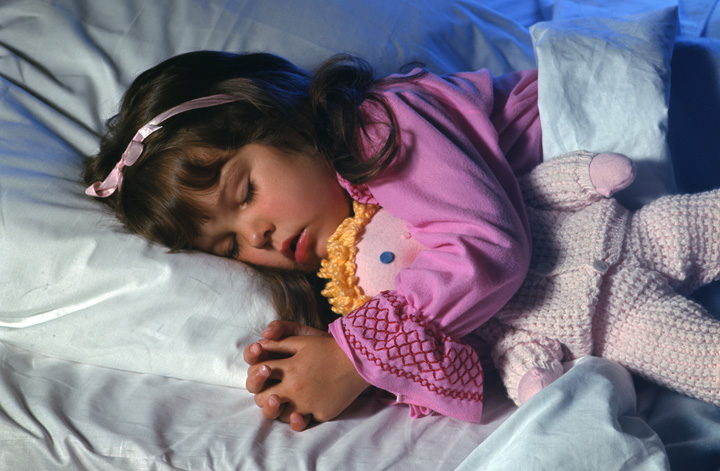Canada is the third most sleep-deprived country, with nearly a third of the Canadians feeling like they don’t sleep enough, according to a new study.

The United Kingdom and Ireland are the only two countries that finished ahead of Canada in the ranking of 13 countries with 37 and 34 per cent of survey respondents saying they don’t get enough sleep. The United States tied Canada for third with 31 per cent.
READ MORE: Study finds one in three Canadian men are sleep-deprived

Insurance provider Aviva conducted the study as part of their UK health check. The study also provided a more in-depth look at the sleep patterns of UK residents
It says about half of the sleep deprived also feel too tired to exercise, with women (57 per cent) feeling more lethargic than men (48 per cent).
That’s on par with Canada: two studies done this past summer show similar results.
The Canadian Men’s Health Foundation found 33 per cent of men aged 30-49 were only getting four to six hours of sleep a night, and the ParticipAction Report Card found a third of Canadian children are sleep deprived.
READ MORE: A third of Canadian kids are facing a ‘sleepidemic,’ lack of sleep, exercise
And the reason?
Too much screen time.
Dr. Doug Wright, Aviva’s medical director, says saying no to late night television is just one way you can try to get a full night’s sleep.
“Sometimes a few lifestyle changes are all that’s needed to boost your sleep levels, such as establishing a routine, eating dinner earlier in the night or avoiding TV and mobile phone screens before bed,” he said in the report.
But limiting your screen time throughout the day can also help.
“Because of screens in their bedroom, because of holding their cellphone under their pillow, because they didn’t move very much in that day and frankly are not fatigued, (kids) get a disrupted night’s sleep,” says Dr. Mark Tremblay, lead researcher for the ParticipAction Report Card said in June.
Aviva also found that the fall time change, when the days become shorter, is another reason why Brits give up on exercise.
READ MORE: Time Change: 9 things you didn’t know about DST around the world





Comments